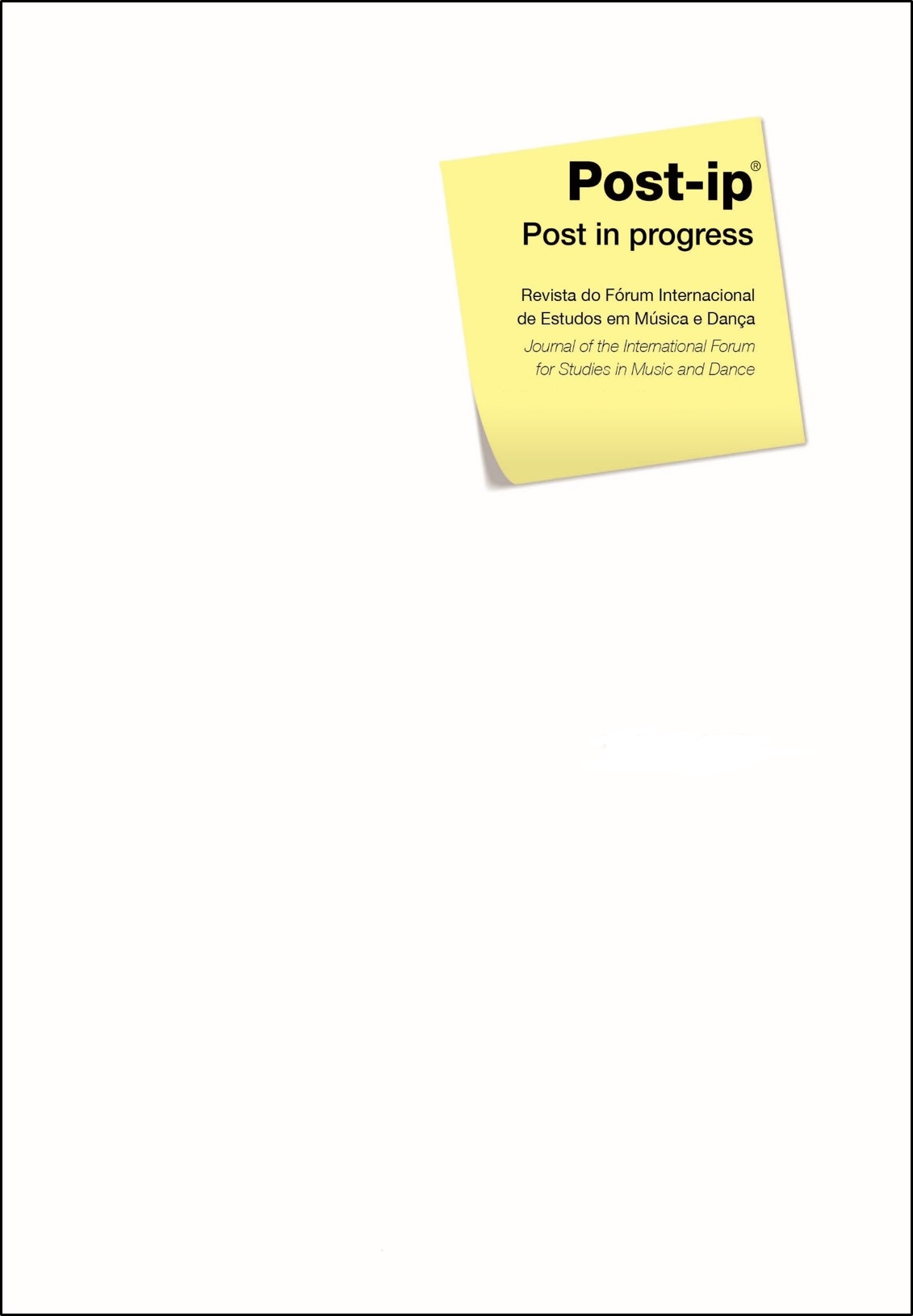A bimusicalidade na relação entre universidade e favela: reflexões sobre uma experiência etnomusicológica em uma favela brasileira
Resumo
Este trabalho apresenta parte da análise sobre o material etnográfico acumulado ao longo dos últimos seis anos de pesquisa junto ao Grupo Arautos do Gueto, na favela do Morro das Pedras, Belo Horizonte. Nestes seis anos de pesquisa, que abrangem a Iniciação Científica, Mestrado e uma parte do Doutorado, a observação participativa combinada com a pesquisa-ação e a extensão universitária, vem sendo o procedimento adotado. As reflexões aqui apresentadas articulam o material etnografado com as noções de: musicalidade como habilidade não ontológica e sim socialmente apreendida de expressão através de organização de sons; linguagem e sistema musicais como frutos dos processos sócio-históricos de desenvolvimento da musicalidade em cada sistema cultural; bimusicalidade como habilidade em apreender um segundo sistema (idioma) musical distinto do sistema materno; as diferenças de linguagem entre os sistemas musicais euro-ocidental, dominante na universidade brasileira, e o afro-brasileiro, dominante na maioria das favelas e outras regiões do Brasil; as discussões pós-colonialistas que tratam das disparidades socioculturais em ex-colônias como continuação histórica das disparidades na relação entre colonizador e colonizado; a disparidade de poder entre o etnomusicólogo brasileiro e as comunidades brasileiras onde este empreende pesquisa, e a bimusicalidade como recurso do etnomusicólogo formado pela universidade brasileira onde o sistema musical hegemônico é o euro-ocidental e que vai às favelas e comunidades onde o sistema musical hegemônico é outro. Concluo refletindo como, no caso da pesquisa em andamento, a bimusicalidade é apontada como um recurso importante do processo pedagógico e para amadurecimento da relação entre universidade e favela.





